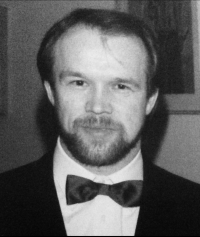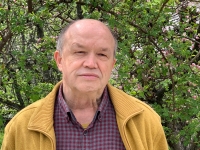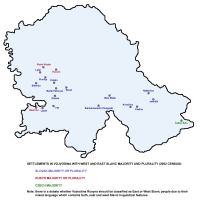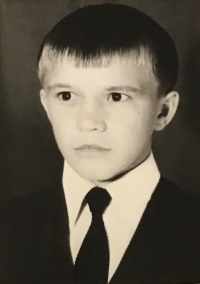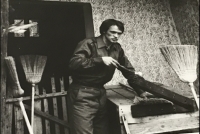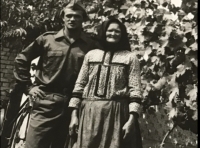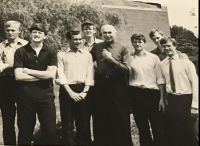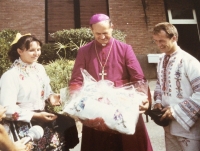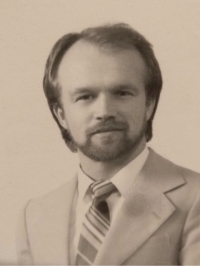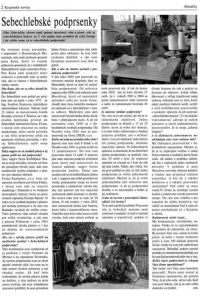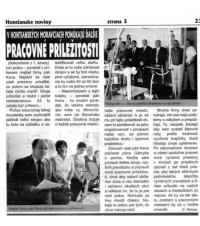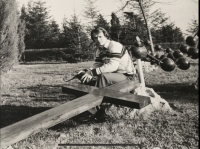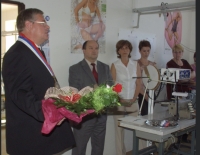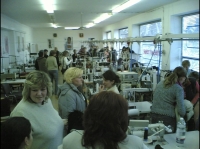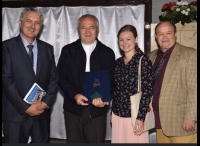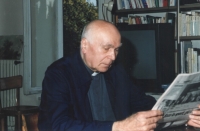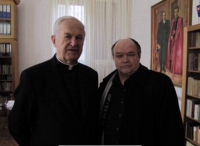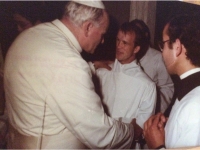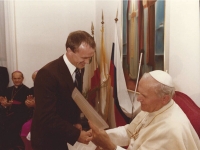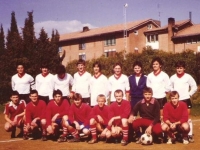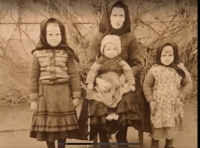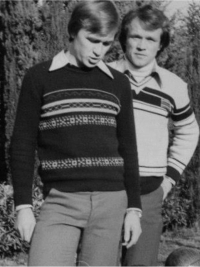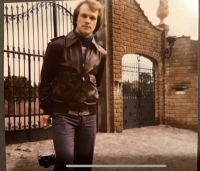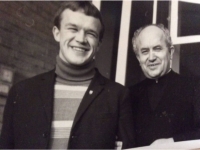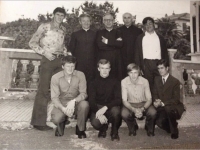I encrypted the secret data in the crossword puzzles of youth magazines
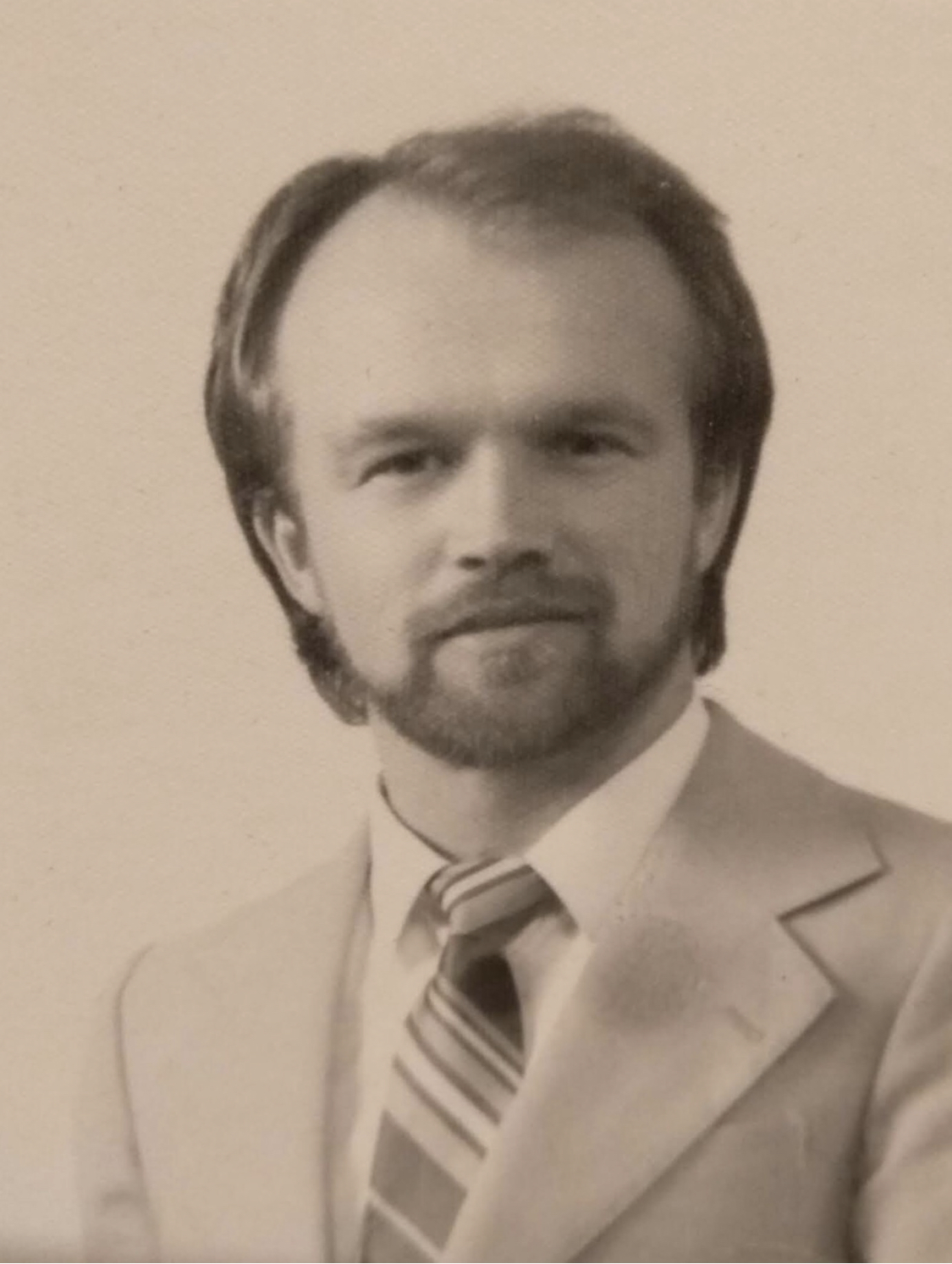
Download image
Michal Kaňa was born on September 9, 1953 in the Slovak village of Selenča in Serbian Vojvodina in the former Yugoslavia. Father Štefan was engaged in the production of sorghum brooms, mother Mária was at home with six children, Michal was the youngest. When he was one year old, his father and three brothers died, his mother had to take over the role of breadwinner, Michal was looked after by nuns. In 1961, the Slovak Institute of St. Cyril and Methodius, where Slovak boys living outside Czechoslovakia studied, were taught by exiled priests. Michal also studied there, later in the great seminary of Nepomucenum, at the Salesian and Pontifical Lateran University. After his studies, he taught at the Slovak Institute of St. Cyril and Methodius. As a Yugoslav citizen, he had the opportunity to travel without restrictions to Czechoslovakia and became a link in the transmission of information between the Salesians in Rome and the Slovak Salesians, and he also transported religious literature, which was banned in Czechoslovakia at that time. He did secret work for the Salesian society until 1983, when he left the order. He got married and he and his wife settled in Vienna. He was interrogated several times by Czechoslovak, Yugoslav and Austrian state authorities. He started working as a teacher at an Austrian high school, later moving into the private sector. He was not in his native Selenča for 15 years, his wife could visit her mother in Slovakia and in Selenča only as a foreigner on a foreigner’s visa. The fall of the communist regime meant a big change in the life of Michal Kaňa. With the fall of borders, he could travel freely. He built production facilities in Slovakia, where approximately 200 employees found employment, later he retired. He devotes himself to his family, writes poems and a book about how he helped 40 young boys from his hometown to study in Rome at a Slovak grammar school.
